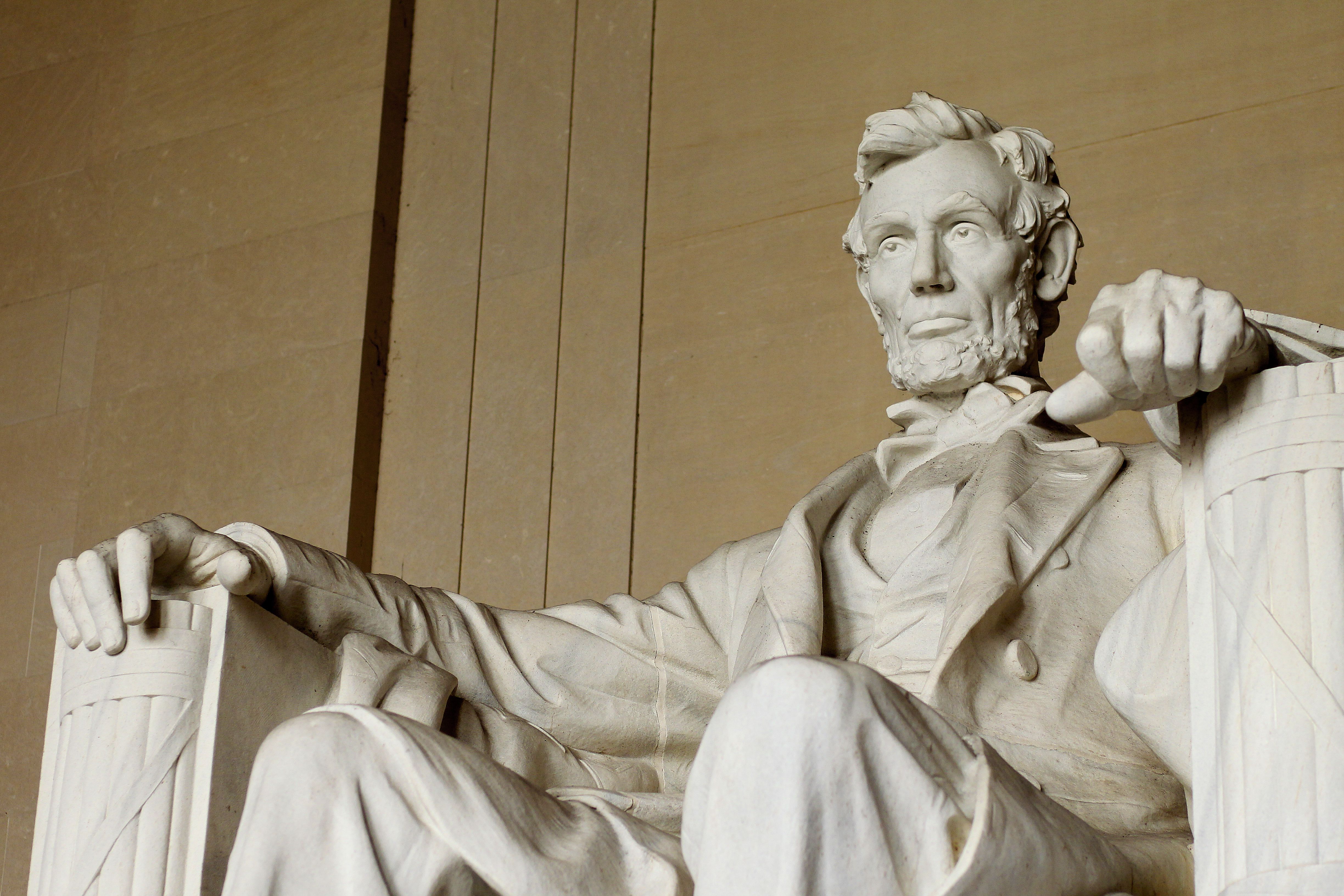Lincoln's lessons for physicians on leadership
Physician leaders who adopt these four principles can improve the workplace environment and patient care.
© flysnow - stock.adobe.com

The United States has been fortunate to have many great leaders—George Washington, Franklin D. Roosevelt, Benjamin Franklin, and Martin Luther King Jr. While many others could be considered “great,” one leader who unarguably ranks at the top is Abraham Lincoln. Though he passed more than 150 years ago, his leadership continues to inspire people across all sectors of society. Interestingly, the lessons Lincoln imparted during his lifetime are still highly relevant to contemporary physicians, especially those in leadership roles. This article explores four key lessons from Lincoln that can be applied to modern healthcare leadership.
1. Be visible
Lincoln understood the importance of being physically present. He frequently left the White House to visit the frontlines, observe battles firsthand, and even come under fire. He was a leader who valued being in touch with his people, and it is said that he often mingled with soldiers, listening to their concerns, and gaining their trust.
One example of this leadership in action occurred when Lincoln relieved a general of his duties for unethical behavior and for being disconnected from the soldiers under his command. Today, we would call this approach "Management by Walking Around" (MBWA)—a concept that applies equally to healthcare leaders.
Physician leaders, like Lincoln, should leave the confines of their offices and actively engage with staff at all levels. Hospital CEOs can speak with housekeeping staff, while physician leaders should hold regular staff meetings, check in on workflow, and address any issues affecting patient care.
Lincoln’s open-door policy, where he made himself accessible to anyone who wished to speak with him, fostered trust and strengthened relationships. Similarly, physician leaders should cultivate an environment where team members feel comfortable offering feedback and know their opinions are valued. An accessible, engaged leader creates a culture of openness and collaboration.
2. Make liberal use of compliments
Lincoln understood the power of recognition. He frequently praised his staff and military leaders, offering sincere compliments that built loyalty and morale. He knew genuine praise could motivate people to work harder, often in challenging circumstances.
In a healthcare setting, physician leaders can benefit from acknowledging the contributions of their teams. A simple "thank you" can go a long way in fostering a positive work environment. In my practice, I introduced the “Thanks a Million” check—a token of appreciation given to staff members who go above and beyond for patients. For example, when a staff member delivered medication samples to a patient’s home, going beyond their job description, I used the check to recognize their exceptional effort. Small acts of appreciation like this help to build a culture of gratitude and mutual respect within a team.
3. Set an example
Effective leaders lead by example. During his presidency, Lincoln was known for his personal sacrifices, including visiting wounded soldiers in hospitals and attending their funerals. This compassion created an atmosphere of loyalty and admiration among his troops.
Setting the right example is just as important for physician leaders. If you expect your team to be punctual, you must model that behavior yourself. A physician leader who arrives late to appointments or meetings cannot expect staff or patients to respect time. For example, if patient appointments start at 9:00 a.m., the physician should aim to arrive at 8:50 a.m., setting a clear example for everyone in the practice. When leaders demonstrate the behavior they expect from others, they foster an environment of trust and accountability.
4. Use new technology
Lincoln was a forward-thinking leader who embraced the technology of his time—the telegraph. The telegraph allowed rapid communication, revolutionizing how information was exchanged during the Civil War. Lincoln’s use of this technology helped him stay informed and make quick decisions that could change the course of history.
Today, physicians can similarly leverage technology to improve communication and decision-making. Just as Lincoln used the telegraph to receive updates from the frontlines, healthcare leaders can use modern communication tools—such as electronic health records (EHRs), messaging systems, and telemedicine—to streamline operations and improve patient care.
Lincoln’s use of the telegraph also exemplified his commitment to transparency. His clear, direct communication helped eliminate confusion and enabled quick action. Modern healthcare leaders can adopt this approach by using technology to monitor operations and engage with staff and patients in meaningful ways. Social media platforms, for instance, can be used to keep patients informed and engaged, just as Lincoln used his telegraphs to stay connected with his military commanders.
Bottom Line: Leading with purpose
Lincoln’s leadership style was hands-on and deeply engaged with the realities of his situations. Many physicians today, burdened by time constraints, argue that they don’t have the luxury of interacting with staff or listening to patients how they would like. However, while we are not engaged in a war, our task is equally vital: saving lives. Like Lincoln, we must lead purposefully, actively engaging with those around us and setting the example for the culture we wish to cultivate.
Physician leaders who adopt these four principles—being visible, offering compliments, setting an example, and embracing new technologies—can improve the workplace environment and patient care. Ultimately, leadership isn’t just about managing processes; it’s about making meaningful connections with people and guiding them toward a shared vision.
Neil Baum, MD, a Professor of Clinical Urology at Tulane University in New Orleans, LA. Dr. Baum is the author of several books, including the best-selling book, Marketing Your Medical Practice-Ethically, Effectively, and Economically, which has sold over 225,000 copies and has been translated into Spanish.
HIPAA highlights: 2 disturbing class actions, OCR risk analysis enforcement
April 24th 2025Two class-action lawsuits targeting the University of Maryland Medical Center and the University of Kansas Health System for years-long cyberstalking and unauthorized access to protected health information spotlight massive HIPAA risk-analysis failures and underscore the urgent need for stronger health care cybersecurity safeguards.